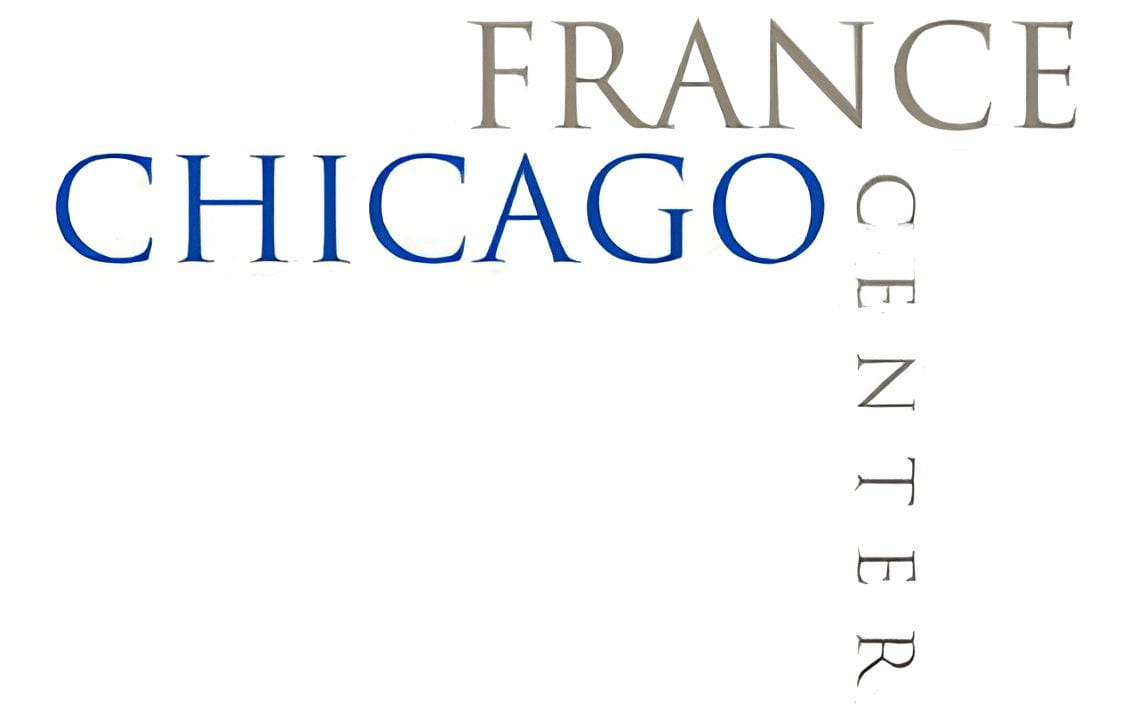Vecchiali never shied away from queerness and pain, and definitely not so in Encore, a film about a middle-aged man, Louis, who leaves his family to explore his homosexuality. One of the first French films to address AIDS and show an HIV-positive character, Encore is also formally bold in the way it delivers its impactful blows, spanning ten years of a life over ten chapters — and shot in ten days, with fluid, but precise, choreography and camerawork.
Paul Vecchiali and Diagonale
Paul Vecchiali (1930-2023) may best be known in the U.S. for producing Jeanne Dielman, but his own filmmaking deserves equal consideration. Unlike others in his generation (Truffaut, Godard, Rivette), Vecchiali’s work has evaded international fame, but his influence within French cinema— as filmmaker, producer, and cinephile — is undeniable.
Vecchiali first ventured into filmmaking in the early 60s (when he also briefly wrote for Cahiers), but it wasn’t until the 70s that he made his most notable films. Amidst the receding tide of the French New Wave, Vecchiali struck out on his own path. His films were not radically experimental, but also not particularly conventional, drawing influences both from the French poetic realism of Grémillon and experimental acting and form, all while exploring fringe characters and not-so-straight(forward) desires. He told the story of a prostitute in Rosa la rose, two aging actresses in Femmes femmes, a gay man in Encore… not to mention, a man who murders women in L’Étrangleur.
Perhaps it was this natural inclination towards unconvetional undercurrents that drew around Vecchiali a cast of boldly independent (and, notably, some queer and women) filmmakers. He focused his cinephilia on them through his production company Diagonale (with critic Serge Daney calling him the “best French producer”), deftly pioneering works by Jean-Claude Guiget, Jean-Claude Biette, Marie-Claude Treilhou, and more, allowing them to make films even when the industry turned them away. The resulting films are certainly part of a niche, but an important one for cinema and society, advancing a unique taste for style and filmmaking that can be traced back and indebted, in no small part, to Paul Vecchiali.
